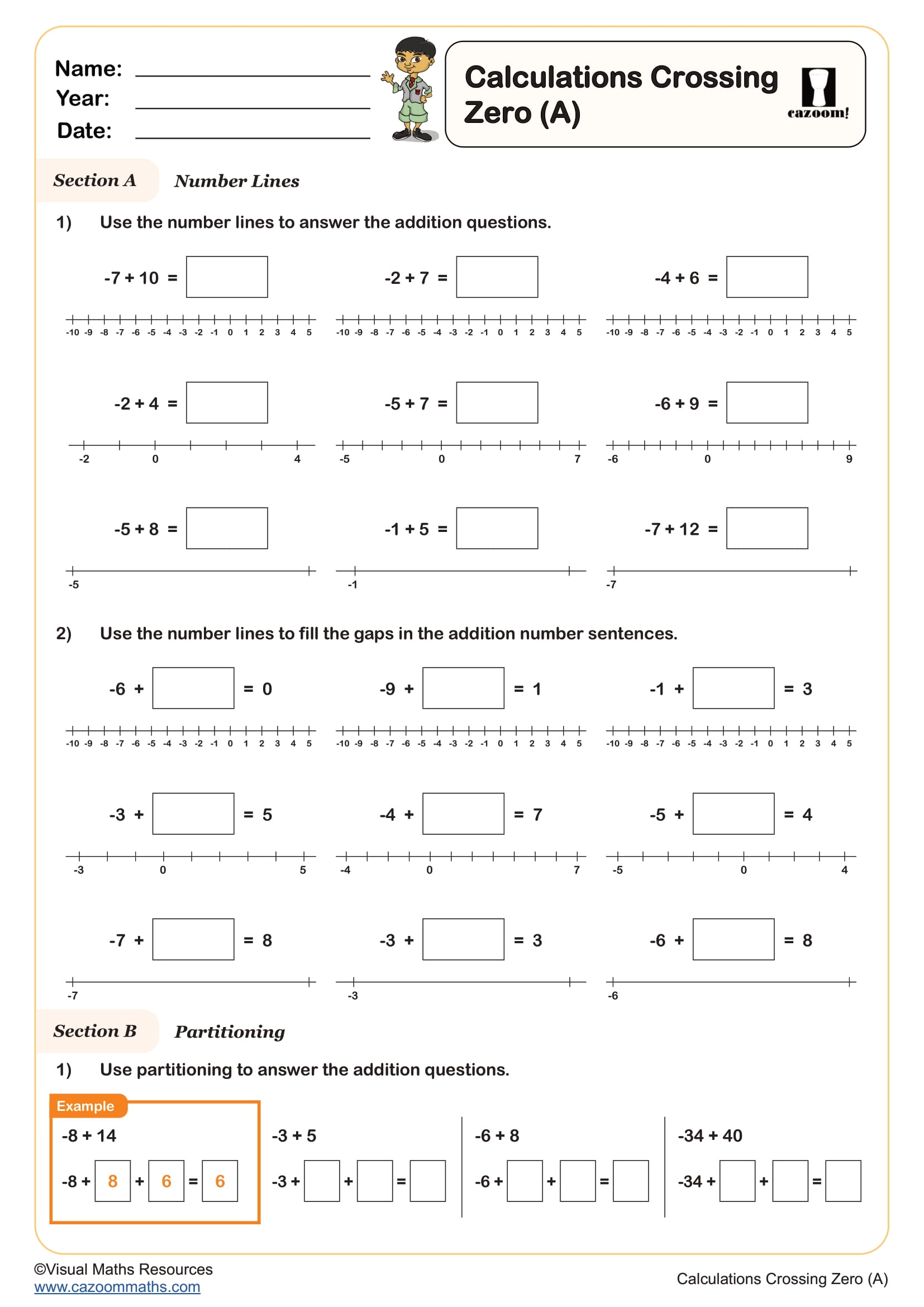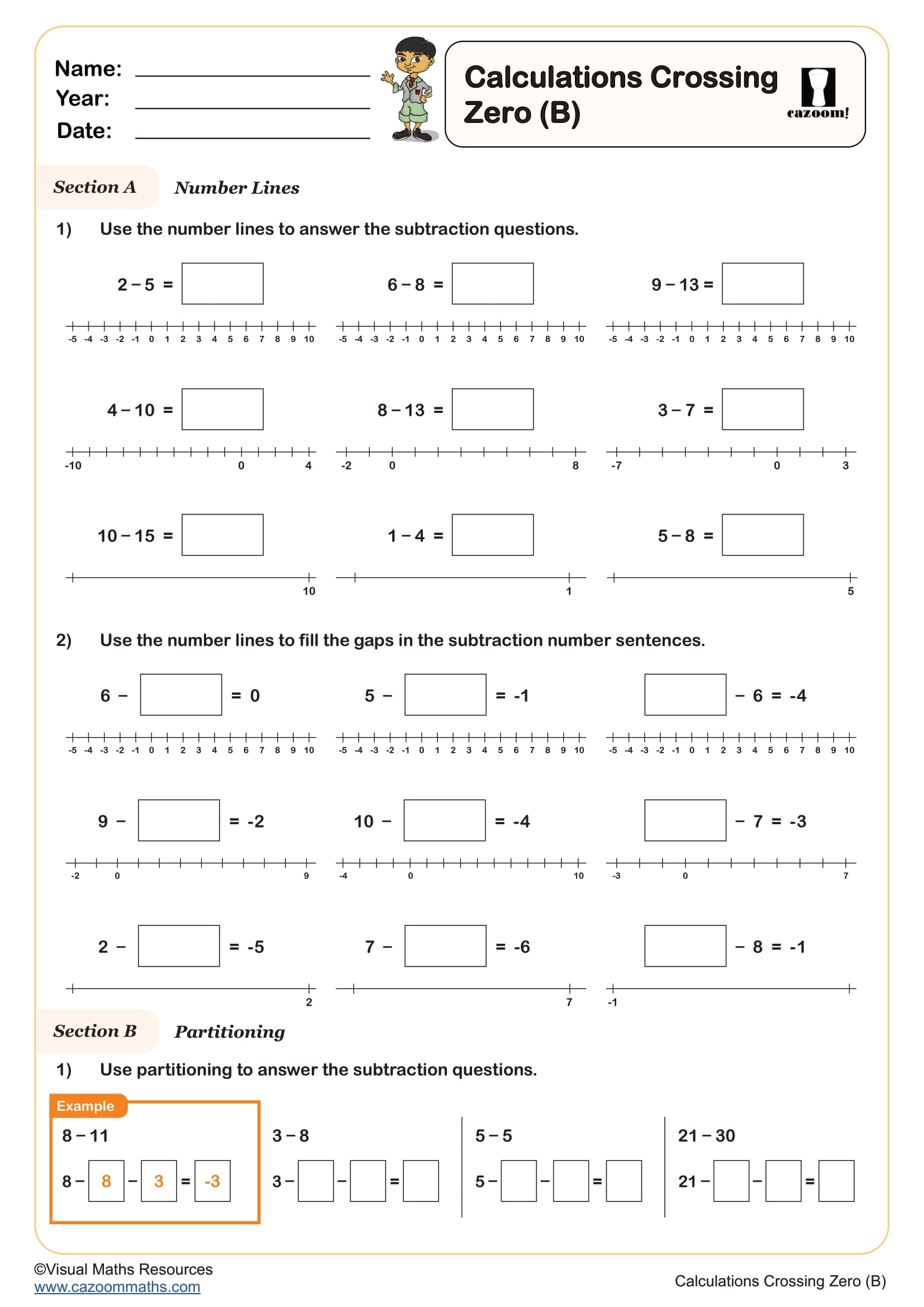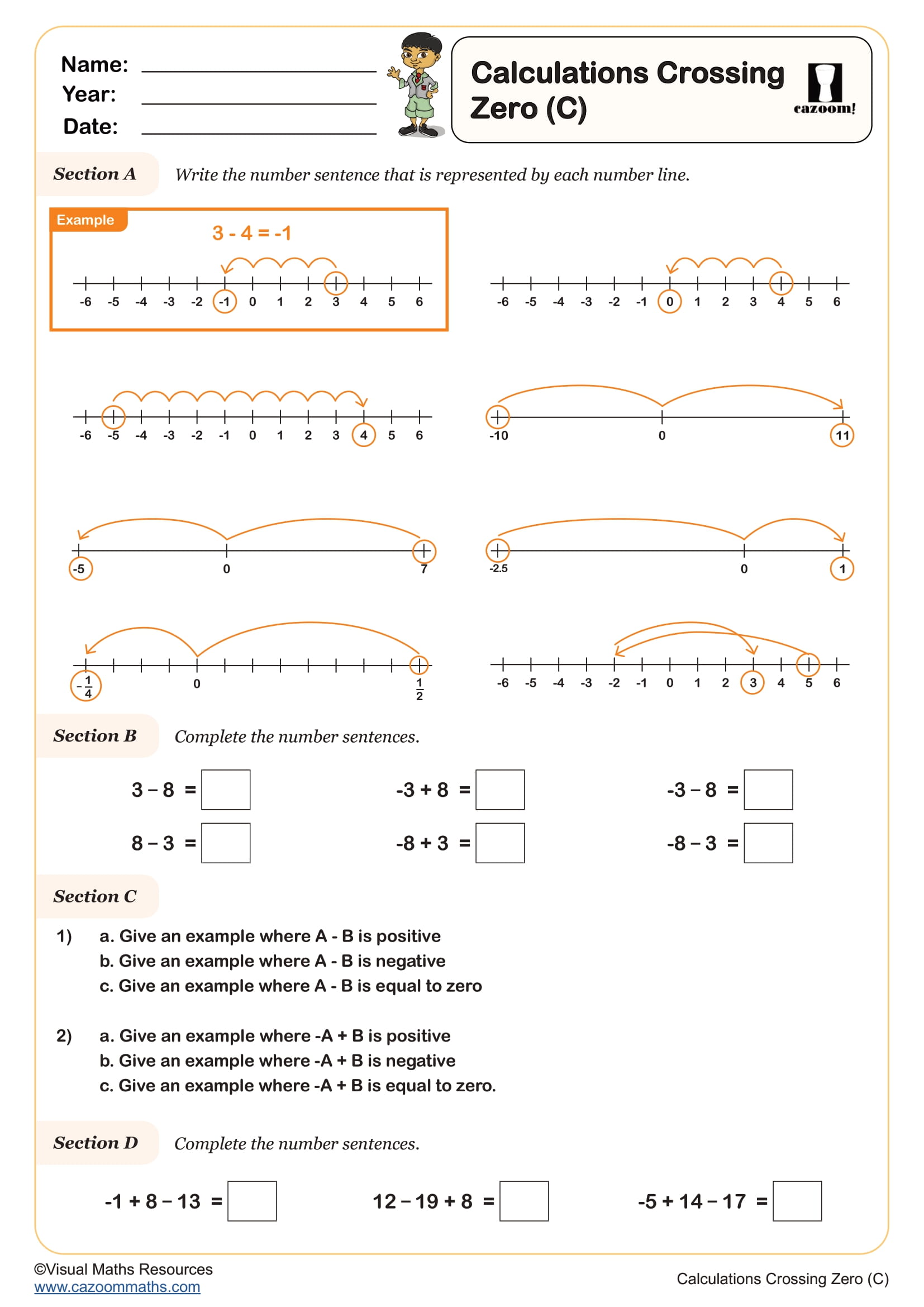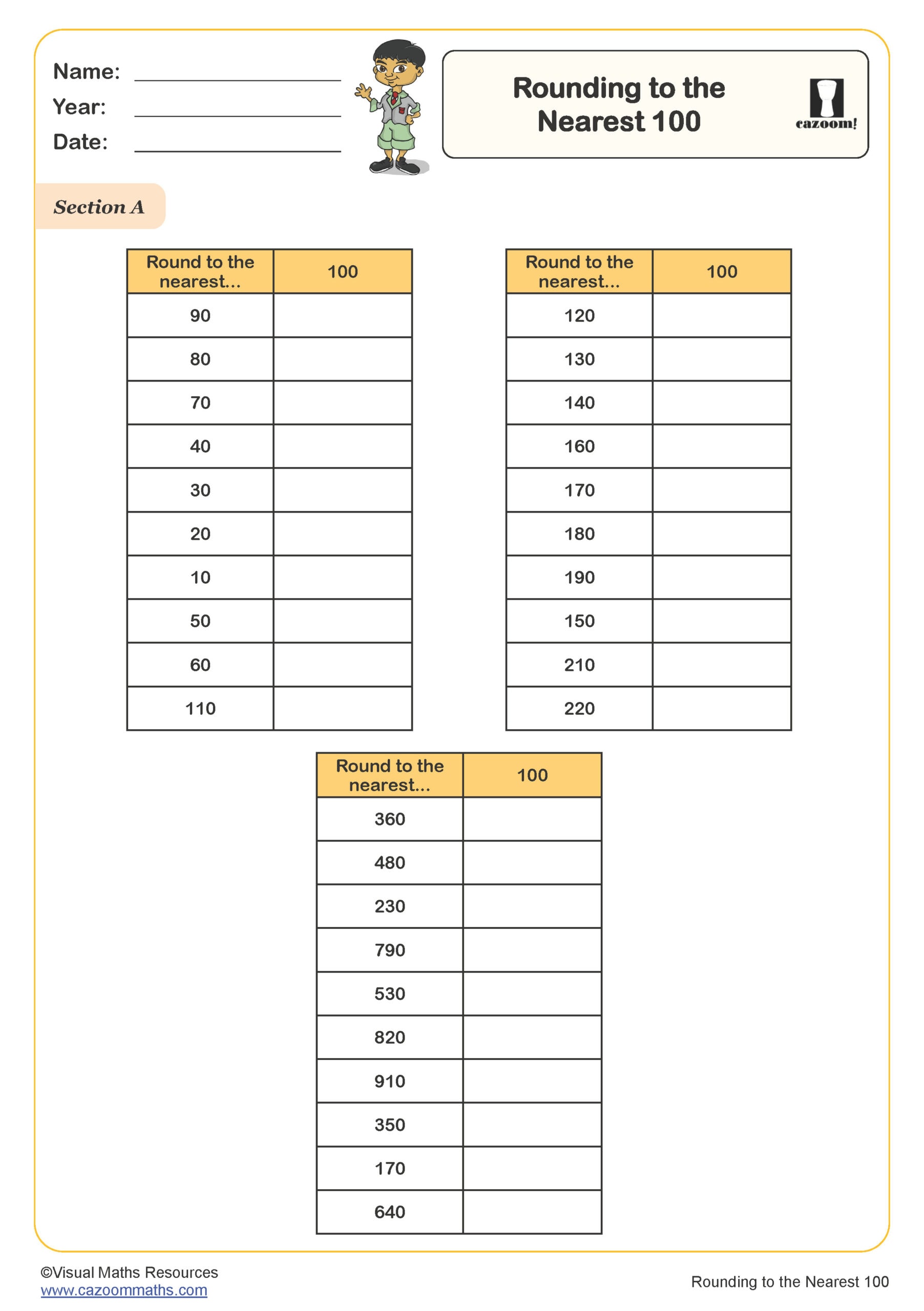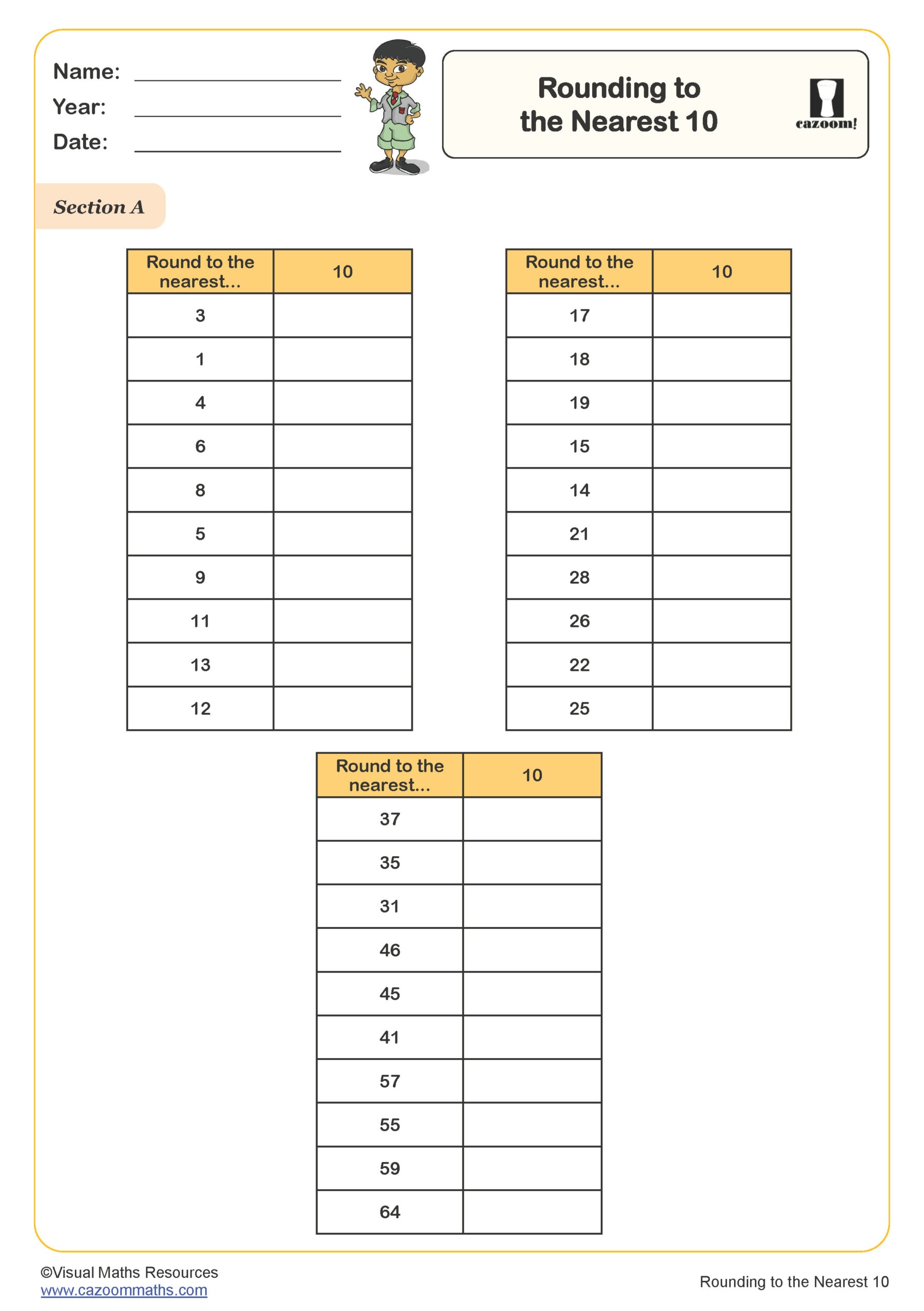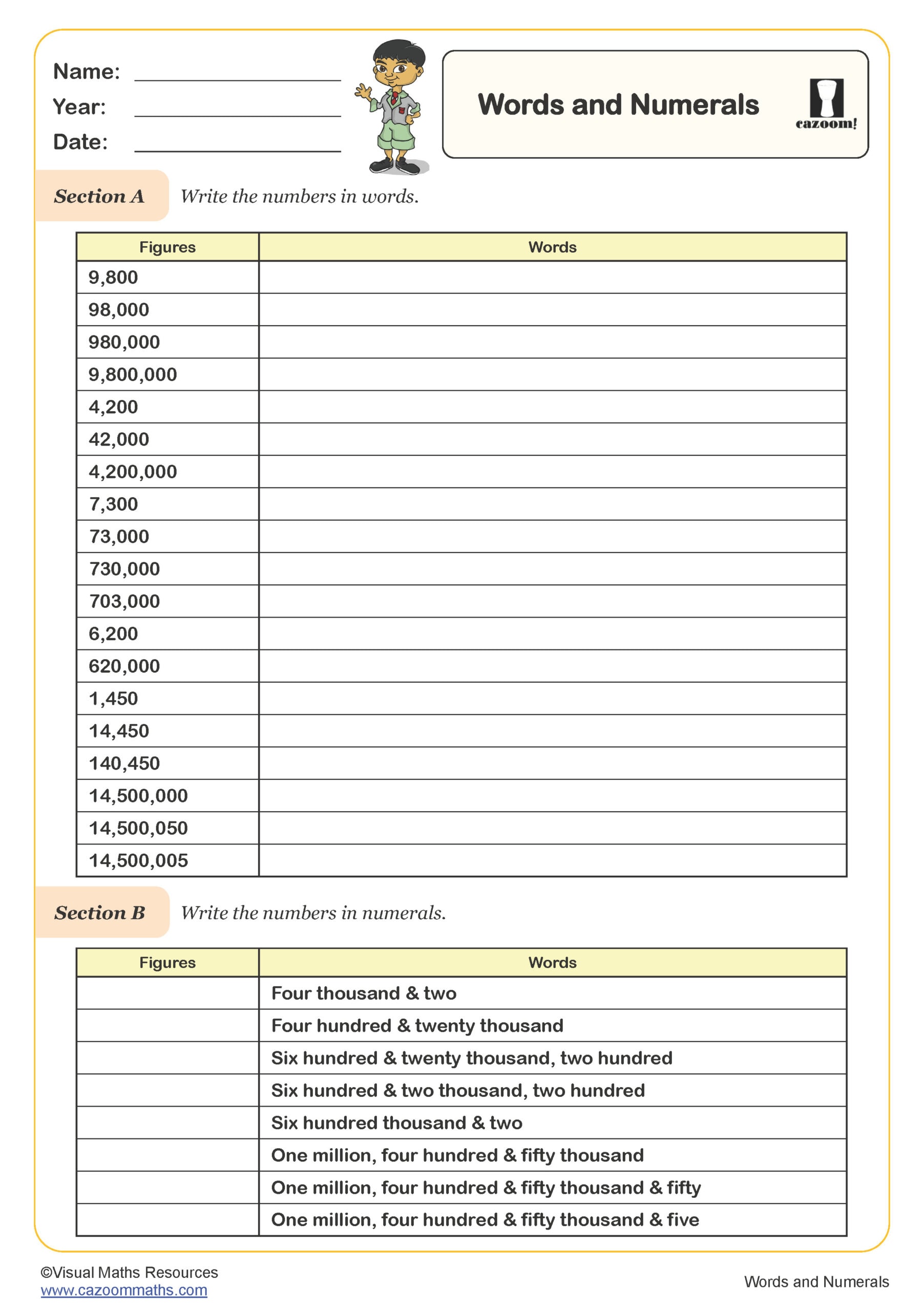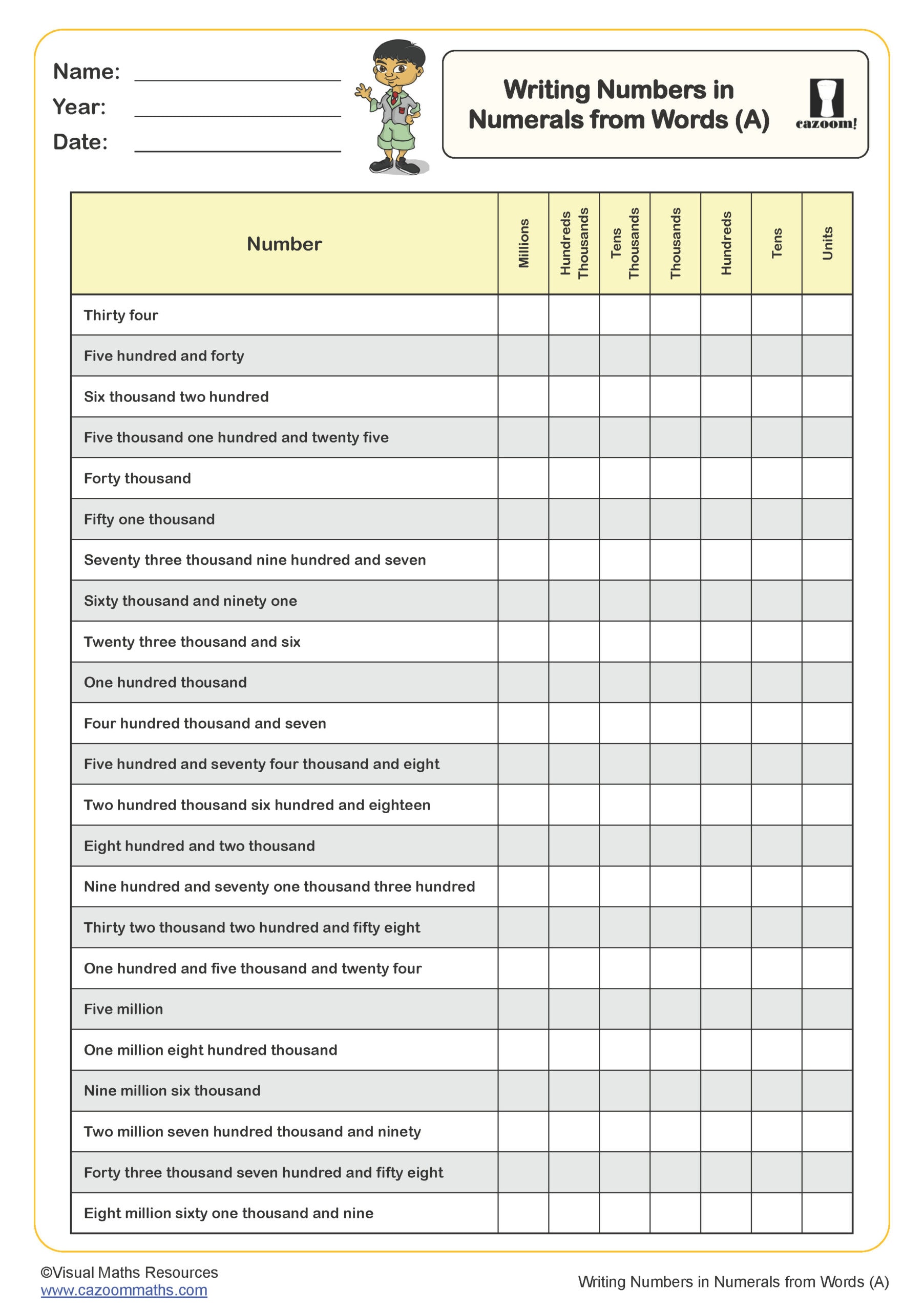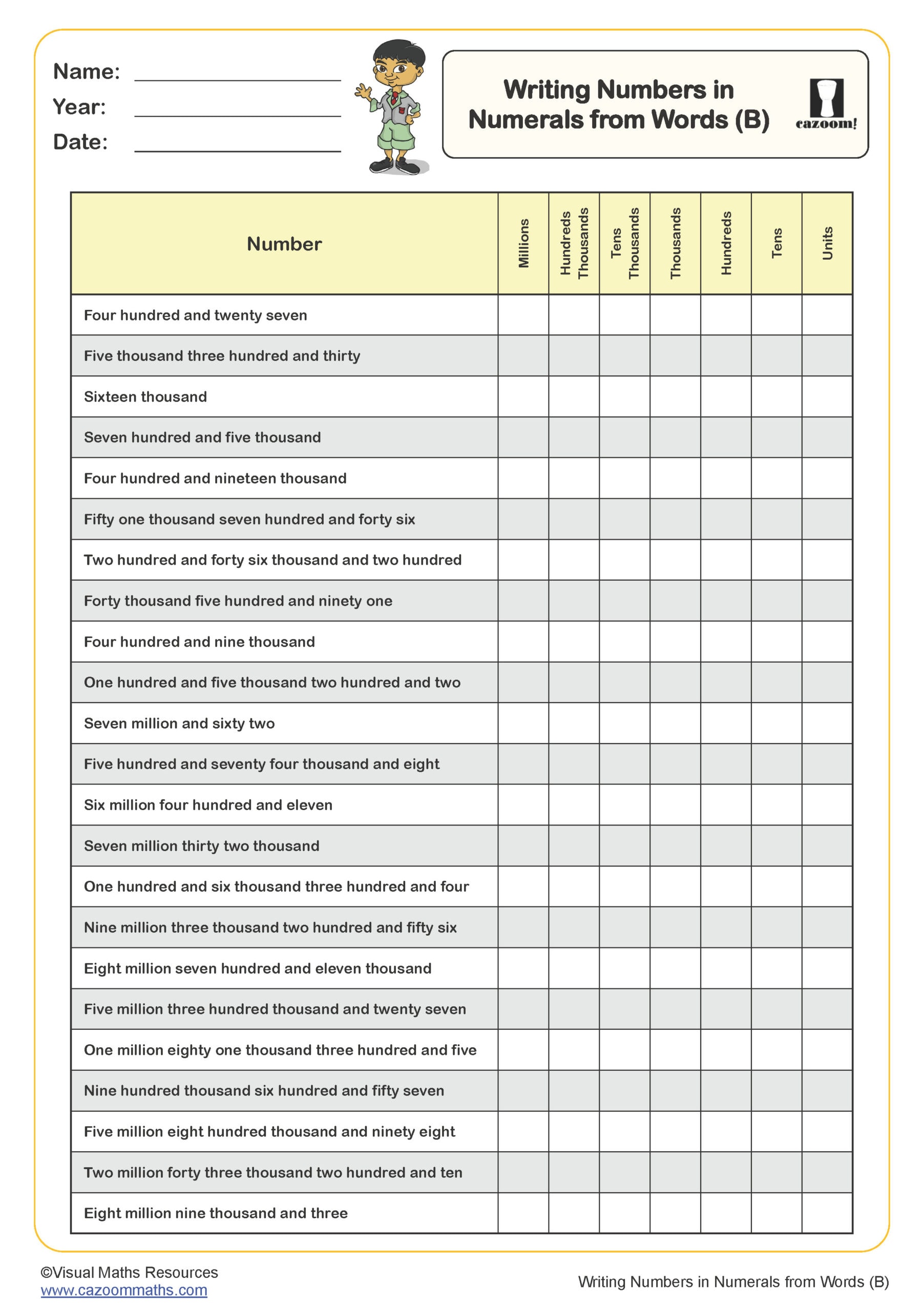Year 6 Number Worksheets
All worksheets are created by the team of experienced teachers at Cazoom Maths.
Essential Year 6 Number Practice Worksheets with Detailed Solutions
Our Cazoom Maths expert team have observed that advanced number maths skills can really be overwhelming for your young students who are transitioning from KS1 to KS2. However, without mastering these key number equations, your primary school students will face difficulties in KS3. To make this learning process smooth and convenient, we have created our worksheets in ready-to-use, printable PDF format. Each of these worksheets includes separate answer sheets as well to initiate an easy checking process. Download our maths activities right now to provide the extra help your young learners need!
Core Mathematical Skills Developed Through These Number Worksheets
To be honest, without learning basic number skills, your young pupils will not be able to master more advanced maths knowledge, such as algebra or geometry, right? That is exactly why we have included a huge variety of core number skills.
Here are the KS2 number concepts that we have included in our resources-
• Decimal Operations
• Fractions
• Ratio and Proportion
• Percentages
• Multiplication and Division
• Powers and Square Numbers
• Number Properties
• Rounding and Estimation
• Place Value and Number Recognition
• Problem Solving and Mixed Operations
• Measurement and Conversion
Why Year 6 Students Benefit From Structured Number Practice
Practising with our 50+ Year 6 numeracy worksheets will help your primary school students master different types of core number concepts. Along with that, they will be able to-
• Builds confidence with multi-step calculations and reasoning
• Develops mental maths strategies that speed up problem-solving
• Strengthens understanding of number relationships and patterns
• Prepares students for more advanced mathematical concepts
• Supports SATs preparation through varied question formats
Practical Applications Where Students Apply These Number Skills
Number skills are the main stepping stones for basic mathematical skills. If we think properly, we will realise that from calculating discounts during shopping trips to working out cooking measurements when doubling recipes, these mathematical foundations appear constantly.
Real-world connections of these basic number skills include:
• Shopping and budgeting (percentages, discounts, value for money)
• Cooking and baking (scaling recipes up or down using ratios)
• Sports statistics and league tables (averages, comparisons)
• Science experiments (measurement, data collection, pattern spotting)
• Planning events (time calculations, resource allocation)
• Technology and gaming (understanding probability and strategy)
